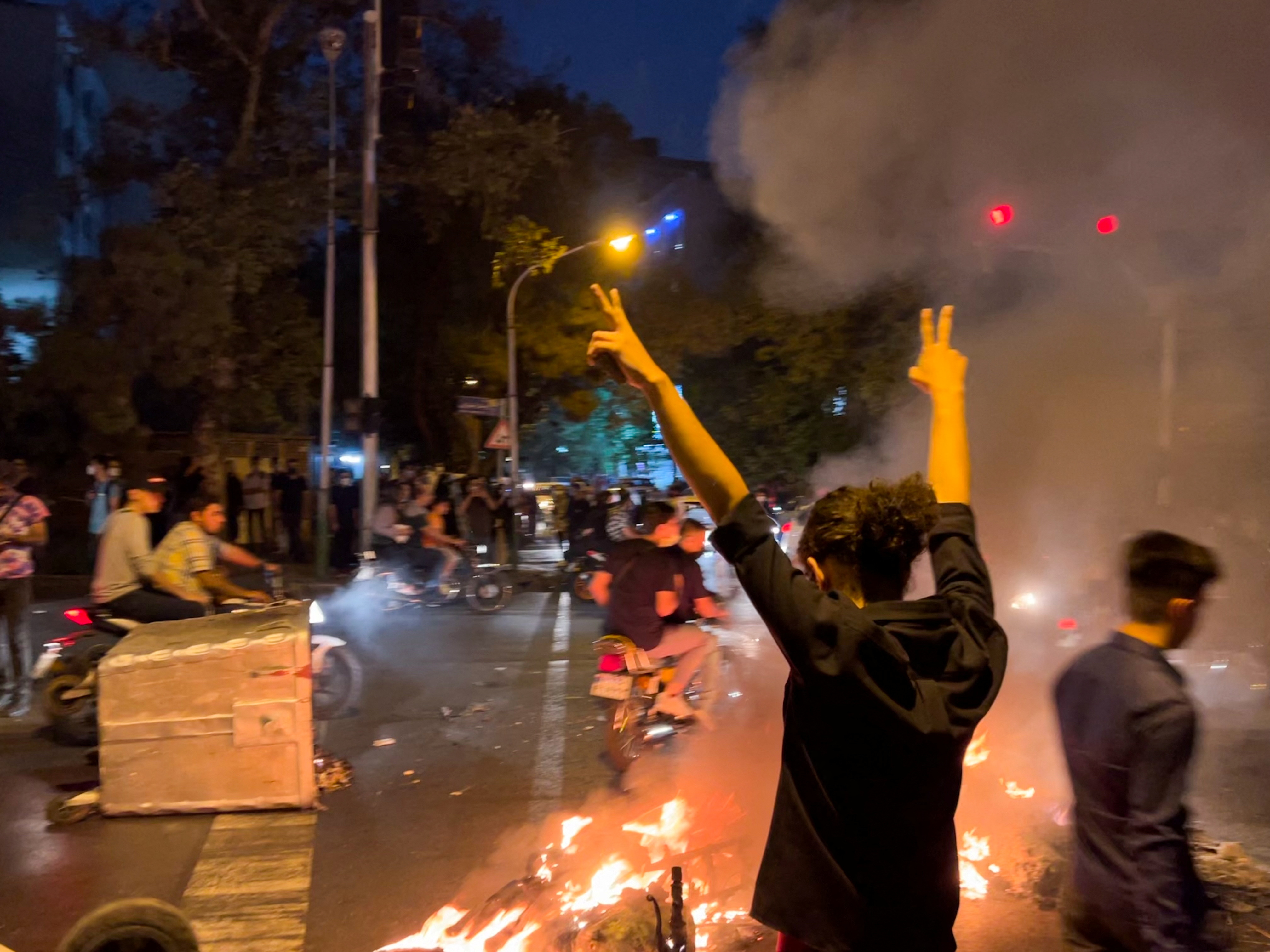
A current power struggle between the the country's rulers has left the government sending out mixed messages on how to deal with the ongoing protests. Hardline parliamentarians have called for violent protestors to be executed whilst some other senior members of Iran's administration have gone to university campuses, in an attempt to open dialogue with protestors.
However, the security forces have gone ahead with a severe crackdown and arrested nearly 10,000 people, including 60 journalists.
The call for a new referendum was first made by Iran’s leading Sunni cleric Molavi Abdulhamid, who is based in the south-eastern city of Zahedan. “Hold a referendum and see what changes people want and accept whatever the wishes of the people. The current policies have reached a dead end,” he said.
“This constitution itself was approved 43 years ago and those who compiled it have all left and another generation has come. This law should also be changed and updated. Many clauses of this law are not up to date.
“It has been said many times that this law should be put to a referendum, but unfortunately nothing has been done and even the same law of 43 years ago has not been properly implemented.”
Read more at The Guardian

